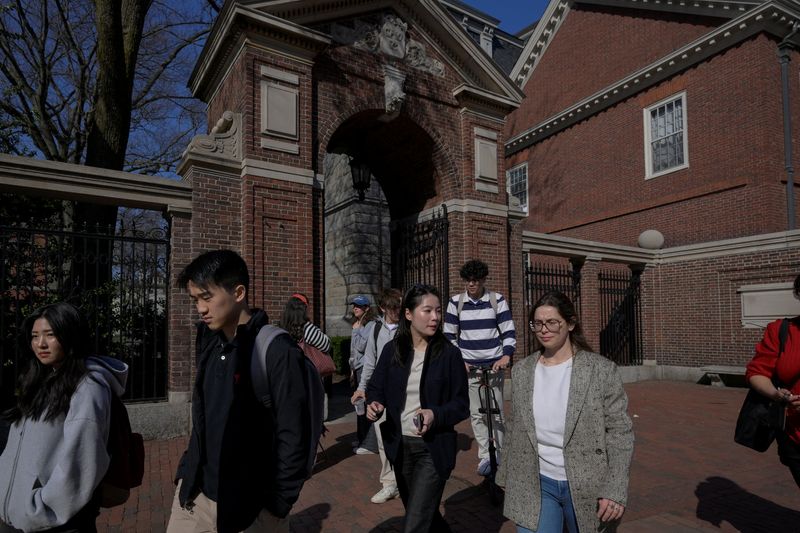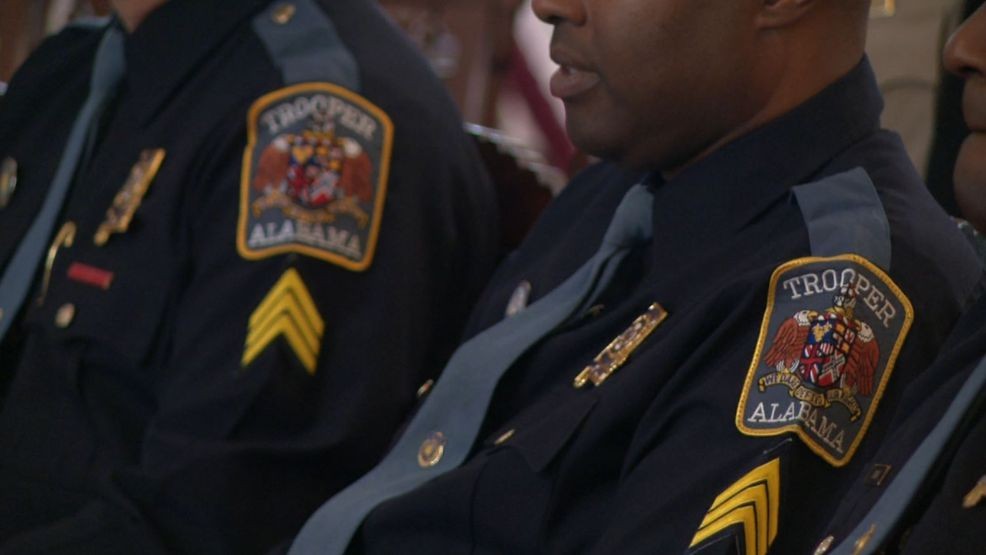Judge Temporarily Halts Trump Admin’s Move to Ban Foreign Students at Harvard
By Jonathan Stempel and Nate Raymond
BOSTON — A federal judge on Friday issued a temporary injunction preventing the Trump administration from stripping Harvard University of its authority to admit international students. The Ivy League institution described this move as an attempt by President Donald Trump to penalize it for maintaining its academic autonomy after declining to “surrender” it.
This order offers short-term respite to numerous international students who otherwise might have been compelled to switch programs due to a policy described by the institution based in Cambridge, Massachusetts as both a clear breach of the U.S. Constitution and various federal statutes. The same directive was anticipated to cause immediate severe consequences for the college along with over 7,000 individuals holding visas.
“Harvard ceases to be Harvard without its international students,” stated the institution in its lawsuit submitted earlier on Friday at the Boston federal court. This academic year, the university has admitted roughly 6,800 foreign students, constituting about 27% of all enrollments.
This development represents the most recent intensification of tensions between Harvard and the White House, where the GOP-led administration aims to pressure universities, law firms, news outlets, courts, and various entities that uphold autonomy from political leanings to conform to their policy objectives.
Harvard has strongly opposed Trump’s initiatives, as evidenced by their previous legal action aimed at reinstating almost $3 billion in federal funds that were either halted or revoked. Recently, the government has suggested revoking Harvard’s tax-exempt standing and increasing taxation on its endowment, along with launching an inquiry into potential violations of civil rights legislation.
Leo Gerden, a Swedish student who is about to graduate from Harvard with an undergraduate degree in economics and government this month, described the judge’s decision as a “significant initial move.” However, he mentioned that international students are preparing themselves for a prolonged legal battle which could leave them in uncertainty for some time.
“There is no single decision by Trump or by Harvard or by a judge that is going to put an end to this tyranny of what Trump is doing,” Gerden said.
The Trump administration may appeal U.S. District Judge Allison Burroughs’ ruling. In a statement, White House spokeswoman Abigail Jackson said, “unelected judges have no right to stop the Trump Administration from exercising their rightful control over immigration policy and national security policy.”
Following Donald Trump’s inauguration on January 20, his administration has charged multiple universities with neglecting the well-being of Jewish students amid extensive campus demonstrations opposing Israel’s military operations in Gaza. According to reports, Harvard University stated that one-fifth of its international students in 2024 came from China, which stands as Washington’s main geopolitical adversary.
In announcing on Thursday the termination of Harvard’s Student and Exchange Visitor Program certification, effective with the 2025-2026 academic year, Homeland Security Secretary Kristi Noem, without providing evidence, accused the university of “fostering violence, antisemitism, and coordinating with the Chinese Communist Party.”
The institution asserts its dedication to fighting antisemitism and examining valid claims of civil rights infractions.
Harvard’s legal battles regarding the administration’s policies differ from Columbia University’s approach in New York, which yielded to comparable pressures. After Trump withheld $400 million in funding due to claims that the prestigious university hadn’t adequately addressed anti-Semitism, Columbia consented to revamp its disciplinary procedures and reassess course offerings related to the Middle East.
HARVARD DEFENDS ‘REFUSAL TO SURRENDER’
In her brief order blocking the policy for two weeks, Burroughs said Harvard had shown it could be harmed before there was an opportunity to hear the case in full. The judge, an appointee of Democratic President Barack Obama, scheduled hearings for May 27 and May 29 to consider next steps in the case. Burroughs is also overseeing Harvard’s lawsuit over the grant funds.
Harvard University President Alan Garber said the administration was illegally seeking to assert control over the private university’s curriculum, faculty and student body.
“Continuing a sequence of governmental measures aimed at penalizing Harvard for maintaining our academic autonomy, as stated in my correspondence to the university community on Friday, I penned a letter,” Garber mentioned.
In its filing, Harvard stated that the revocation could lead to rescinding acceptance offers for numerous applicants and would cause significant disruption to “a multitude” of academic initiatives, clinical operations, classes, and research labs mere days before commencement. The university argued that this action breaches the First Amendment through coercive means aimed at regulating personal expression.
(Reported by Jonathan Stempel in Chicago and Nate Raymond in Boston; Extra reporting provided by Maria Tsvetkova in New York and Ted Hession in Washington; Written by Luc Cohen; Edited by Noeleen Walder and Daniel Wallis)





